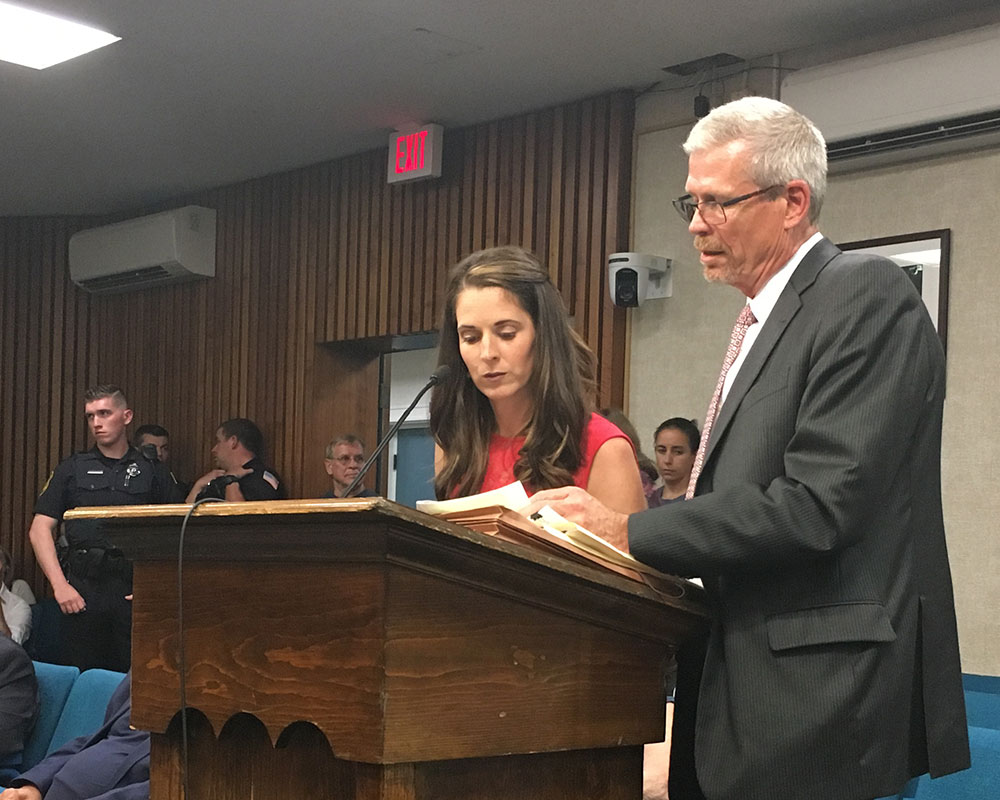A downtown Haverhill cannabis retailer must make its first “impact fee” payment to the city tomorrow after a Superior Court judge denied a request for an emergency delay.
Stem, 124 Washington St., had argued it would suffer “irreparable harm” while waiting for a hearing on its larger case—that the city must give it a detailed accounting of any impacts and related costs. Judge James F. Lang said if Stem were to later win its case, it could recover the $356,000 owed plus be “made whole” by collecting financial damages. Haverhill Stem Owner and CEO Caroline Pineau told WHAV she expects to win.
“We are not discouraged or surprised by this preliminary ruling. The law clearly states that impact fees must be directly related to a cannabis establishment’s operations and must be documented and made public. We are confident that the judge will ultimately conclude that the city must obey the law,” she said in a statement.
In a brief ruling, Lang wrote, “Even if the court assumes that the plaintiff (Stem) can show a reasonable likelihood of success on the merits, an issue the court does not reach, it has failed to show the requisite irreparable harm if the requested injunction does not issue.”
In a statement today, Mayor James J. Fiorentini said, “We are pleased and thankful for the court’s preliminary decision. We anticipated this decision, which is based upon well-established law, and believe we will win the final decision also.” The mayor also extended an olive branch, saying, “It is our hope that we can work out any differences with the owners of Stem as we have with the other two shops. Our door is always open and we hope we can resolve this amicably.”
Massachusetts law allows communities to charge an impact fee “reasonably related to the costs imposed” of up to 3% of a marijuana retailer’s gross sales for up to five years. The law adds the fee “shall be documented and considered a public record.” The city, in a separate court filing to dismiss the case, said the business entered into a contract to pay the amount; it is too early to document “impacts” Stem may have caused especially in light of the health pandemic; Stem has not been financially harmed, but rather appears to have earned $13 million since opening; and not enough time has passed to verify and negotiate community impact costs.
Fiorentini also said, “The final agreement that was negotiated allowed Stem to become one of the few cannabis providers in the entire state to be allowed in an urban downtown area.” He said two other shops “have no objection to paying the impact fee, which was fairly negotiated with all three cannabis shops.”
Stem opened a year ago after a lengthy permitting process.

